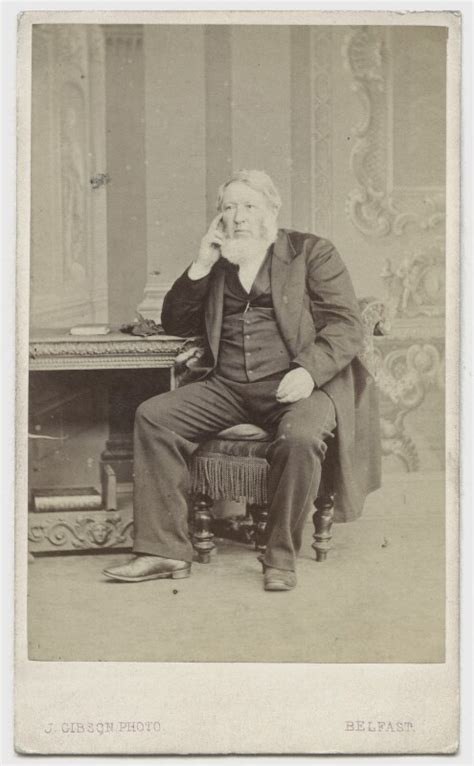A Quote by Max Lucado
It's against God's nature to remember forgiven sins
Related Quotes
The person who is living by grace sees this vast contrast between his own sins against God and the offenses of others against him. He forgives others because he himself has been so graciously forgiven. He realizes that, by receiving God’s forgiveness through Christ, he has forfeited the right to be offended when others hurt him.
Given the sin of impiety through which they [the Romans] sinned against the divine nature [by idolatry], the punishment that led them to sin against their own nature followed.... I say, therefore, that since they changed into lies [by idolatry] the truth about God, He brought them to ignominious passions, that is, to sins against nature; not that God led them to evil, but only that he abandoned them to evil.
... the Lord Jesus said, 'To those who are in bonds, Come out, and to those who are in prison, Go forth' (Isa. 49:9); so your sins are forgiven. All, then, are forgiven, nor is there any one whom He has not loosed. For thus it is written, that He has forgiven 'all transgressions, doing away with the handwriting of the ordinance that was against us' (Col. 2:13-14). Why, then, do we hold the bonds of others, while we enjoy our own remission? He, who forgave all, required of all that what every one remembers to have been forgiven to himself, he also should forgive others.
God is faithful and just to forgive us our sins and to cleanse us from all unrighteousness. So to confess is to breathe in and to ask God to forgive me of my sins. And as we breathe out we breathe out the impure air and breathe in the pure air. I would say the pure air is knowing that God has forgiven us of our sins.
If, in the case of the worst sinners and those who formerly sinned much against God, when afterwards they believe, the remission of their sins is granted and no one is held back from baptism and grace, how much more, then, should an infant not be held back, who, having but recently been born, has done no sin, except that, born of the flesh according to Adam, he has contracted the contagion of that old death from his first being born. For this very reason does he [an infant] approach more easily to receive the remission of sins: because the sins forgiven him are not his own but those of another



































